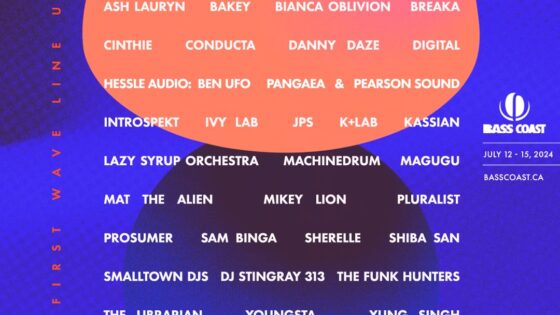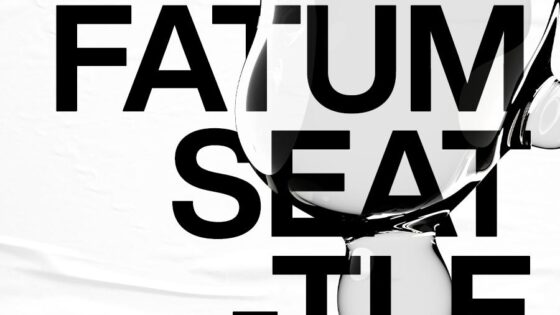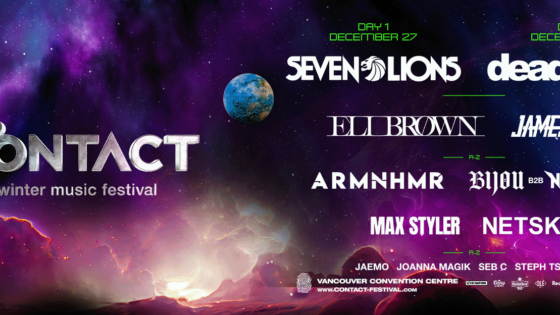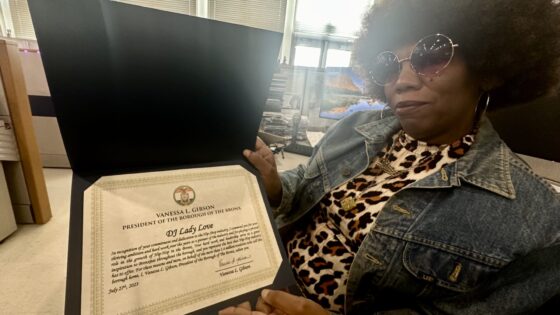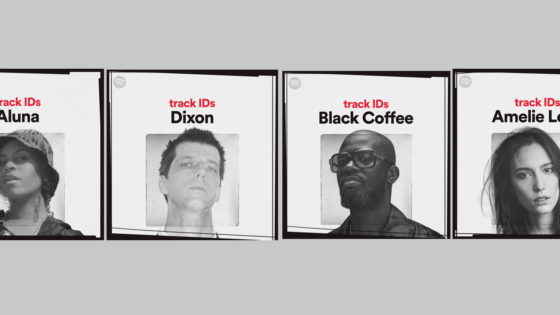Taylor Swift’s new record deal is huge, and not just for her. The artist announced she’s officially moved on from Big Machine Records and signed with Universal Music Group, but with some very special conditions. The stipulations that come with her decision, related to master recording ownership and Spotify share payouts, are remarkable and unprecedented for the modern music industry.
Her newest contract demonstrates just how much negotiating power Swift has, and creates a template for other elite artists to copy. Like most contracts, Swift’s is full of a ton of legalese ensuring the meaning behind it all is solid. Let’s start to skim through it all and break down what that very broad meaning is.
Negotiating an artist agreement as a business deal
Firstly, Swift successfully negotiated ownership of all her master recordings with UMG. That makes her the owner of copyright for all music she produces with Universal. This means she controls where and how her new music is used and receives a greater cut of profits. However, it’s inapplicable to her prior recordings with Big Machine Records. This is an unsurprising move, given her boycott of Spotify over artist royalties and her fight with Apple Music over compensating artists during free trials.
The power moves don’t stop there; her contract mandates that if UMG sells its shares in Spotify, the profits will result in a “non-recoupable” distribution to UMG artists. That term “non-recoupable” is a big deal for Universal artists.
Swift’s move guarantees that the money artists earn when UMG inevitably sells their Spotify shares will be distributed to artists without counting towards royalty advances. Not just for her, but every artist on every UMG imprint. So even if an artist is in the red with Universal over advances, they’ll still receive a payout. This is huge considering Universal’s 3.5% stake in Spotify may calculate to a value of $850 million. Though Universal hasn’t yet sold their Spotify shares, they are widely expected to in 2019.
How the “Big Three” sold off on Spotify
When Sony sold their 5.7% Spotify stake the deal amounted to about $750 million. The company made it clear that the money earned from selling their shares would be distributed among artists and indie labels they distribute. They also mentioned they would ignore outstanding balances artists had with the company regarding royalty advances.
Warner Music Group on the other hand went about this very differently. They sold their entire stake worth $504 million and applied 25% of it to artist accounts. However, the company still considered all unrecouped balances held by artists, and the money was only applied to those balances, meaning if artists owed the label any money…their share simply paid this back. This effectively kept a large portion of the money with WMG.
Taylor Swift’s contract ensures this type of thing won’t happen to UMG artists. As one of the “Big Three” labels alongside Sony and WMG, it’s a far-reaching condition that guarantees artists are appreciated for their work. It goes down as one more way Taylor Swift publicly fights for the rights of artists and for music producers to see payout for their hard work.
What do you think about the new record deal? Do you think artists deserve a payout from their label selling Spotify shares? Let us know on Twitter, @DanceMusicNW!
Important things happen in Pacific Northwest nightlife, and DMNW will send you alerts!






